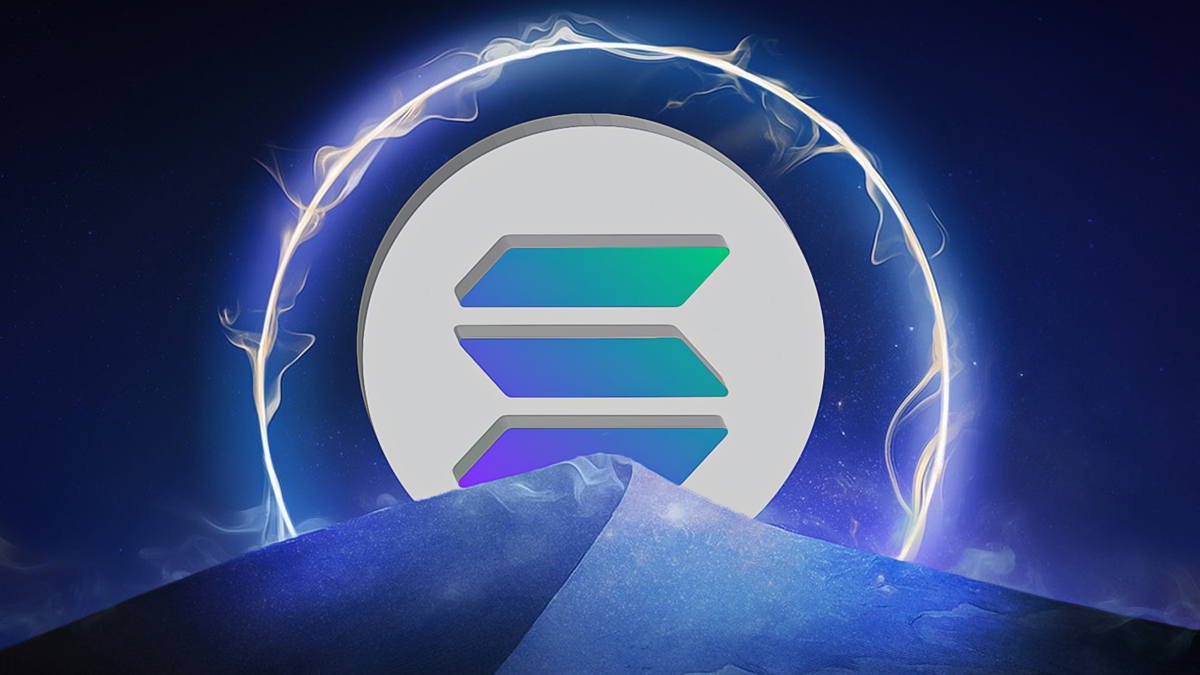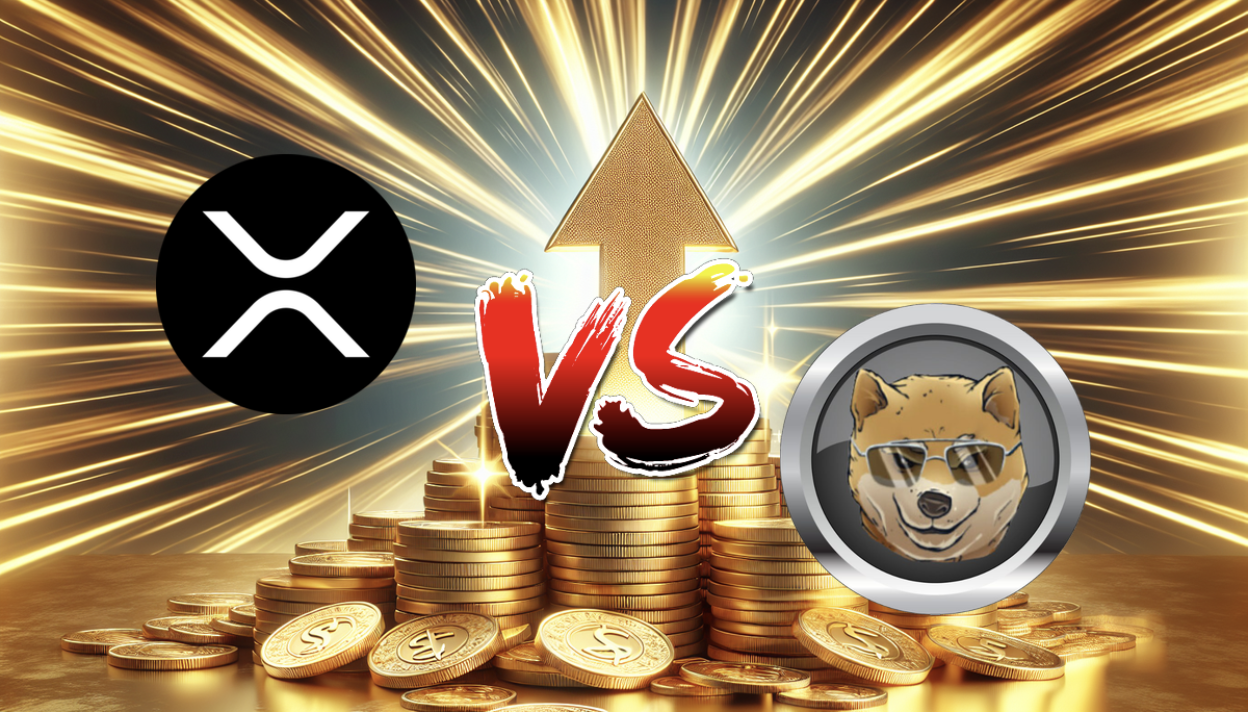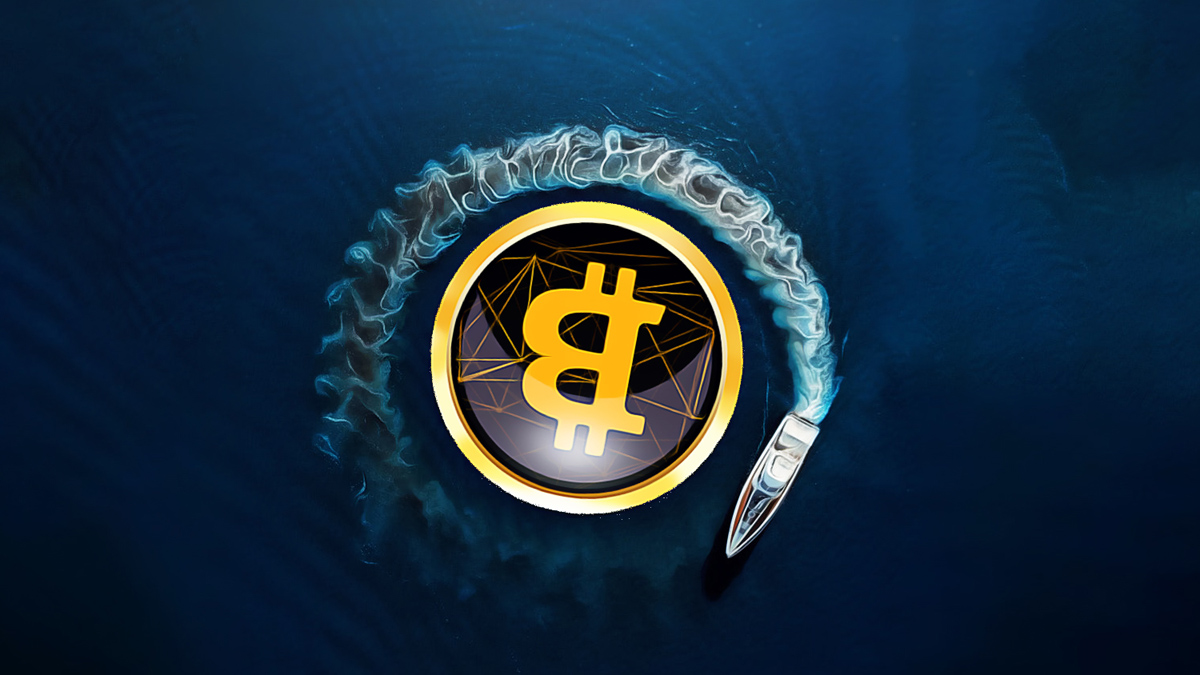Anatoly Yakovenko, the founder of Solana  $162, emphasized the unique position of Solana in the blockchain world. He drew attention to Solana’s strengths by comparing it with Layer 2 (L2) solutions and other Layer 1 blockchain systems.
$162, emphasized the unique position of Solana in the blockchain world. He drew attention to Solana’s strengths by comparing it with Layer 2 (L2) solutions and other Layer 1 blockchain systems.
Differences Between Ethereum’s L2 Solutions and Solana
Yakovenko had previously criticized Ethereum’s L2 solutions, expressing doubts about Ethereum’s effectiveness without solutions like Base. He shared his observations about Base’s contributions to the Ethereum  $2,993 ecosystem, particularly regarding its increase in user numbers and transaction volumes.
$2,993 ecosystem, particularly regarding its increase in user numbers and transaction volumes.
He stated that Solana has distinct advantages in scalability, infrastructure focus, and transaction efficiency. These qualities differentiate Solana from other blockchain projects, with its architecture allowing it to excel in these areas. “Scalability, infrastructure focus, and transaction efficiency are Solana’s strengths,” he noted.
Democratic Architecture and Vision for the Future
Yakovenko pointed out that Solana supports decentralization through its democratic transaction validation system, allowing users to send transactions directly. This system enables every user to easily become a validator, although he acknowledged that new validators might struggle with peer discovery and stake collection. He emphasized that Solana’s future relies on regular network improvements, stating, “The perfection of Layer 1 brings superiority to Solana.”
He also mentioned Solana’s aim to enhance its ecosystem with innovations such as high bandwidth, low latency, and multiple leaders in transaction slots.
Solana’s Advantages Over Ethereum and L2 Solutions
Yakovenko highlighted Solana’s goal to build a robust Layer 1 chain that supports high transaction volumes. He noted that synchronous composability is critical for DeFi and that Solana supports this on a single chain. “Solana continues to reach new heights despite the challenges of Ethereum,” stated renowned analyst Peter Brandt.
According to Yakovenko, Solana’s rapid development pace allows it to stand out in competition. By continuously improving its infrastructure, it aims to offer more open and fair transaction processes. This approach could position Solana as one of the leading blockchain projects in the future.

 Türkçe
Türkçe Español
Español










